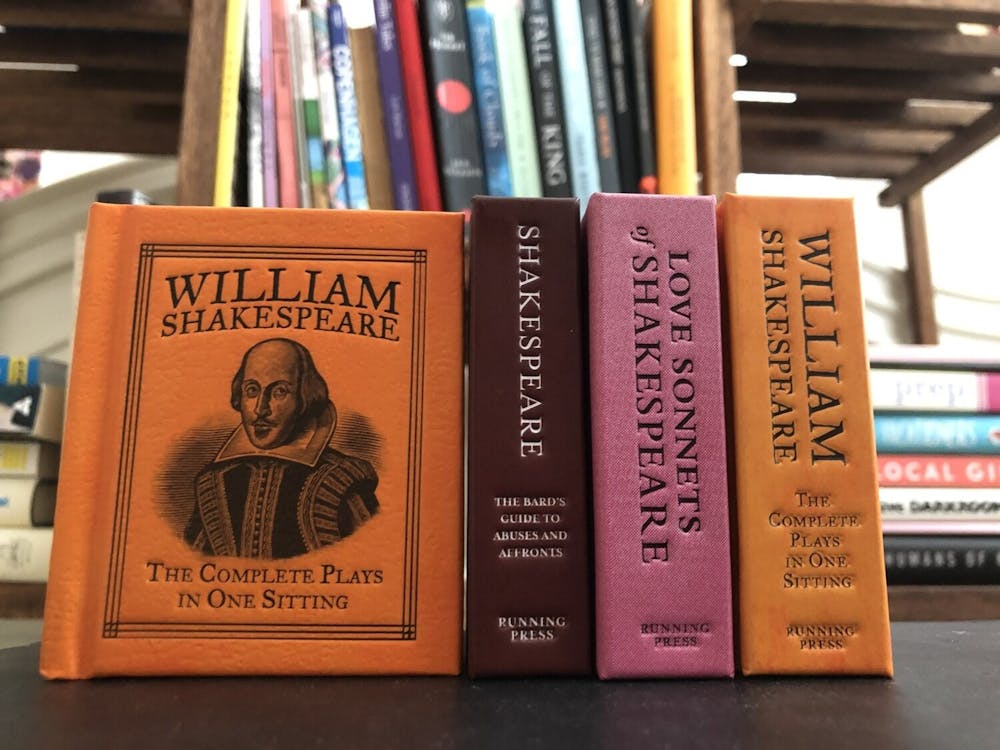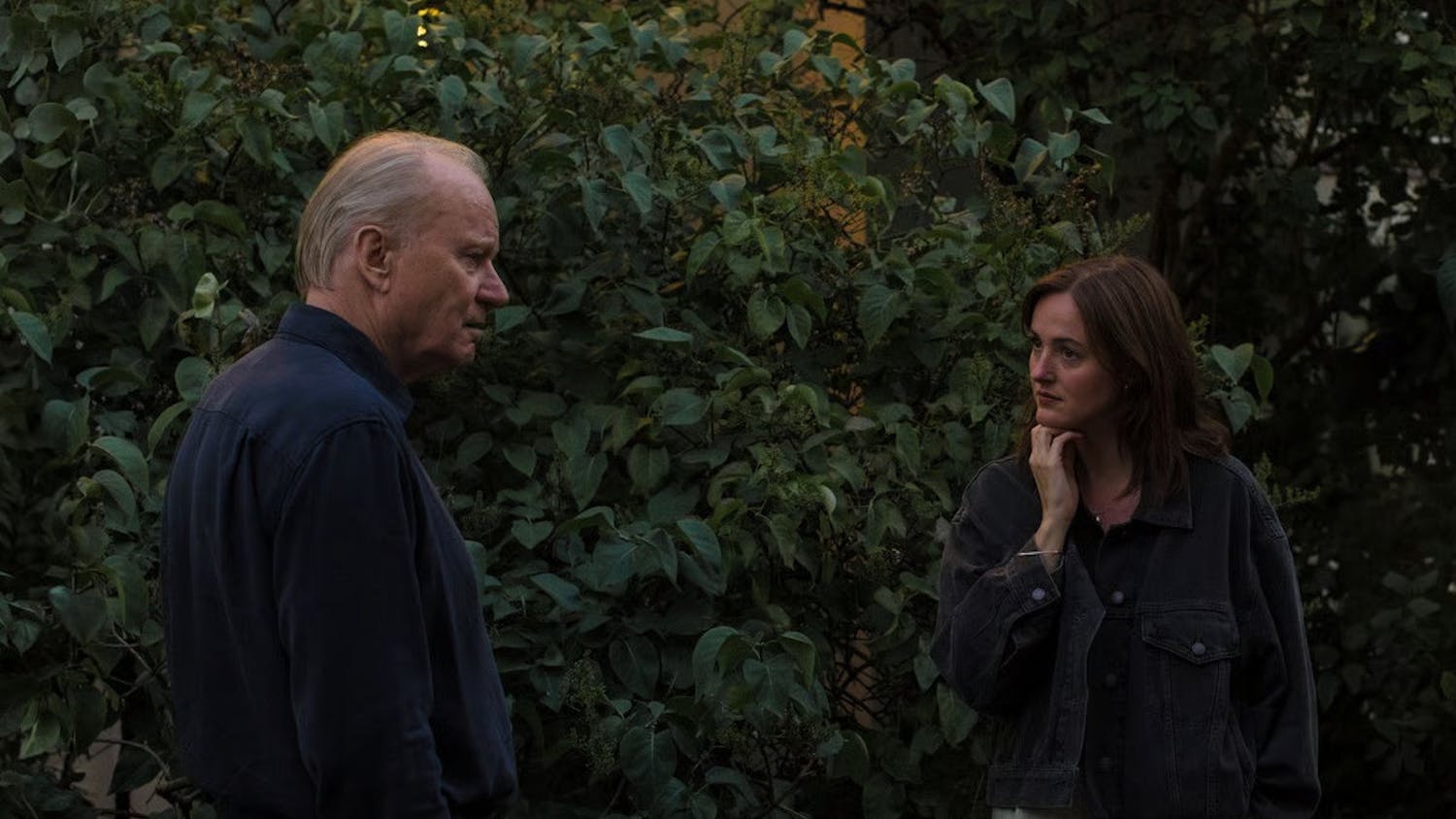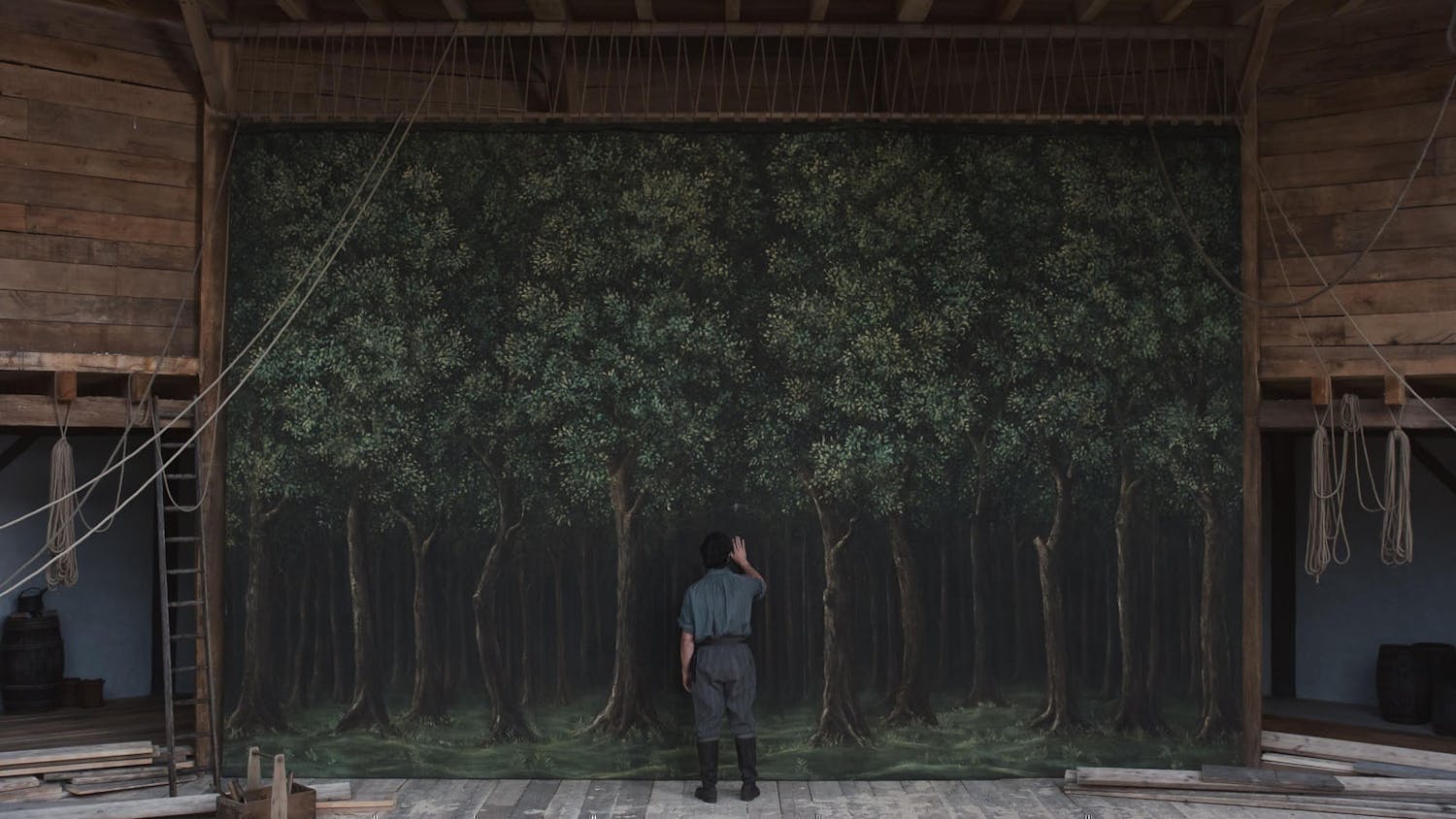Editor’s note: This article originally appeared on theeaglecoronavirusproject.com, a separate website created by Eagle staff at the onset of the coronavirus pandemic in spring 2020. Articles from that website have been migrated to The Eagle’s main site and backdated with the dates they were originally published in order to allow readers to access them more easily.
At the beginning of the United States’ national lockdowns, William Shakespeare fans, and other creatives, took to platforms, such as Twitter, to encourage people that quarantine was a time to let creativity flow.
American songwriter and author Rosanne Cash tweeted: “Just a reminder that when Shakespeare was quarantined because of the plague, he wrote King Lear.”
AU literature professor Anita Sherman saw these tweets and noted that similar ideas had been shared about Isaac Newton, who made discoveries during a quarantine in the late 1660s. Sherman doesn’t think that these people’s use of “quiet time” in quarantines compares to everyone’s experience now amid the coronavirus pandemic.
“Isaac Newton and Shakespeare didn’t have childcare issues, and they weren’t homeschooling,” Sherman said. “They had other people [to do that]. So there’s this kind of gendered aspect of it: The privileged man has quiet time while the other people work like crazy and don’t have quiet time.”
Shakespeare’s privilege is also displayed through the institutions he had supporting his creative works.
“In Shakespeare’s case, he [was] not just writing a play for the heck of it,” Sherman said. “I mean, he knew as soon as the playhouses opened it [was] going to be performed.”
Sherman believes many writers and creatives today don’t always have the advantage of uninterrupted quiet time or the economic, professional and social institutions that will unwaveringly support their work.
“To the extent that you can find a supportive [institutional] structure for your creative endeavors, you’re a lucky person,” Sherman said. “Otherwise, it’s just discipline. You just need to be quiet and make the time.”
However, quiet looks different today and may be harder to reach. The 24/7 news cycle, a recent social development, may affect modern creatives’ abilities to produce work, according to Sherman, since it begs our attention and removes our focus from creativity.
A global pandemic is not something that happens often. But, the bubonic plague existed alongside the daily life of Shakespeare. Modern Shakespeare scholars and fans know his writing fluctuated with the plague and the closing of London theaters.
Sherman explained how, during the days of the bubonic plague, the Renaissance cities had a system of counting deaths similar to today called the Bills of Mortality. Each parish reported the number of deaths in a week, and if they exceeded approximately 30 to 40 deaths, there would be a public order closing all public gathering venues, including the playhouses.
“Even though they didn’t understand infection at all, they did have this idea that having a lot of people in a crowded place was bad,” Sherman said. “So, during those times that the playhouses were shut [down] and Shakespeare wasn’t busy doing rehearsals and performances, he was usually very productive with his writing.”
Shakespeare’s plays withstood time as they continue to be performed today. On Feb. 27 and March 3, over a week before the University made the decision to stop in-person schooling for the semester, Sherman took her class to see Shakespeare’s “Timon of Athens” performed by the Shakespeare Theatre Company.
The play tells the story of a rich man named Timon who gives away his wealth to his friends, who later refuse him loans when he is in financial need. Timon determines he has fair-weathered friends and goes to live in the countryside as a misanthropic hermit. The timeliness of the Shakespeare Theatre Company’s performance became apparent, Sherman noted, as the actors emphasized lines that focused on the plague.
“There is a lot of talk about ‘infectious breath’ and ‘a plague upon you’ and all that kind of rhetoric in the play,” Sherman said. “The actors really played-up those lines so that we wouldn’t miss the contemporary context.”
In the play, Timon curses those who come to visit him in the countryside “by wishing plague upon them,” Sherman said. “If you’re in a hating mood, and you want misfortune to strike, you say ‘a plague upon you.’”
Shakespeare primarily employs curses and plague as a metaphor in his plays. One of the only uses of plague as a plot point, to Sherman’s knowledge, is in “Romeo and Juliet” when the friar, supposed to deliver Juliet’s letter to Romeo to avoid the ending’s tragic misunderstanding, is bound to a quarantine and unable to complete his job.
Regardless of the plague’s purpose in Shakespeare’s works, it manages to find its way into much of what he produced ensuring the play’s attachment to its period.
Today, Sherman is sure people have been producing work during quarantine, which can be used as inspiration to others who may still need encouragement to create.
“I think the example of talented people working at the top of their game is always inspiring,” Sherman said. “I don’t think you have to look to Shakespeare for that. It’s all around us.”
Despite many creatives not having networks, uninterrupted quiet time or an easy escape from the newsfeed, Sherman’s advice might be cliché but remains true.
“You have to believe in yourself,” Sherman said. “You have to overcome self-doubt. You have to believe in yourself, and then you just have to go for it.”
Sherman has been busy during the quarantine. She just finished a book that will be published by Cambridge University Press and is working on the reading list for a spring 2021 course about literature and plague, a course she’s never taught before.
The reading list is not finalized yet, but some of the works may include Thomas Dekker’s “The Wonderful Year” and Daniel Defoe’s “A Journal of the Plague Year.”
Sherman acknowledges that the COVID-19 outbreak is a heartbreaking time when people are dying, causing many to mourn. Without undermining that truth, Sherman believes that we are still better equipped than those who have preceded us.
A commonality between creatives then and now is that there is work being made despite it all, she said.
“A bunch of wonderful work will be accomplished during this time that we don’t even know about,” Sherman said.





